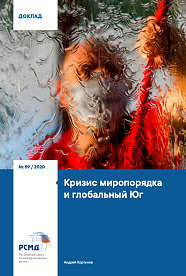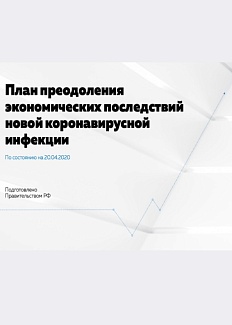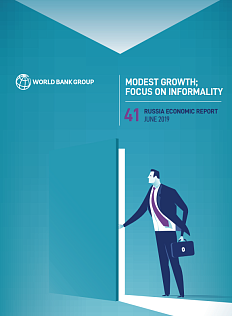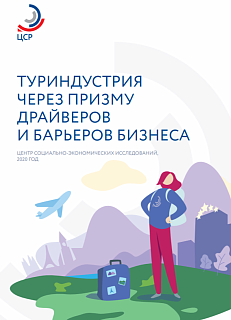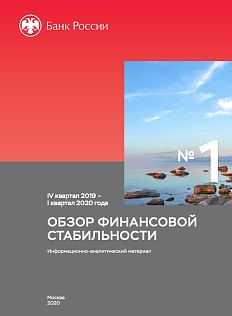In this paper, the author analyses the impact of the crisis on vast regions of the world, which are conventionally referred to as the «global South». By «global South» the author means the countries of Asia, Africa and Latin America, which belong to the «third world» in contrast to the developed countries of the West and socialist countries of Europe, Asia and Cuba.
The three sections of the report consider the consequences of the crisis in 2020 for the countries of the «global South»: the analysis of emerging trends in the development of the situation in the context of the crisis, an attempt to identify the most significant challenges and threats of the crisis, as well as proposals to minimize the negative consequences of the crisis.
Roscongress Foundation analysts highlighted the main theses of this research, accompanying each of them with suitable fragments of video broadcasts of panel discussions held as part of business programs of the key events hosted by the Foundation.
Among the main negative factors that influenced the development of the crisis for the South are the Coronavirus pandemic, the global economic recession and the sharp decline in world prices for hydrocarbons and other raw materials that traditionally formed the basis of exports of many countries of the global South.
Accompanying factors were the aggravation of conflict situations in the Middle East (Syria), North Africa (Libya), Latin America (Venezuela) and in some other parts of the global South. The intensification of geopolitical and economic confrontation between the U.S. and China may provide Southern countries with some additional tactical opportunities, but in general, it will have more negative than positive consequences for these countries, turning them from subjects of world politics into objects of manipulation by superpowers.
The global South’s recovery from the crisis will be more complex and slower than that of the global North; accordingly, the overall balance of forces between North and South will change in favor of the former (although some exceptions are possible in the form of successful recovery by some developing countries).
The systemic crisis will exacerbate the many negative trends that have been in effect in the global South in the previous period; it could be a catalyst for many new political, economic and social crises at the national and regional levels; many of the latent chronic problems that existed in the South until 2020 could become acute.
In a more distant future, the strategic task will be to bridge the civilizational gap between the global North and South. A necessary condition for solving this task will be the entry of the international system to a fundamentally new, higher level of global governance.
The author of the study notes that the possibility of a powerful economic and social breakthrough of the global South, significant progress in the transition to a new technological mode, social stability and modernisation of state institutions cannot be completely ruled out; the probability of an optimistic scenario depends on a whole set of internal and external independent variables.
The most important task of the global South in the post-crisis period will be entering the trajectory of sustainable socio-economic development with an acceptable level of international stability. This will require long-term and painful transition measures from the South.
Successful social and economic modernization of the countries of the South is impossible without the reform of the international economic system and its constituent institutions, a new «Big Deal» between North and South is needed.
Russia’s role in the transformation of the global South will inevitably be limited, but not necessarily marginal. This role is likely to be more prominent in security than in development.
We also invite you to see other materials posted in special sections of the Roscongress Information and Analytical System Entrepreneurship, StayHomeEkonomy and Pandemics, dedicated to possible ways to counteract epidemics, one of the most serious threats of non-economic nature, ways to stabilise the economy in a complex epidemiological situation.


